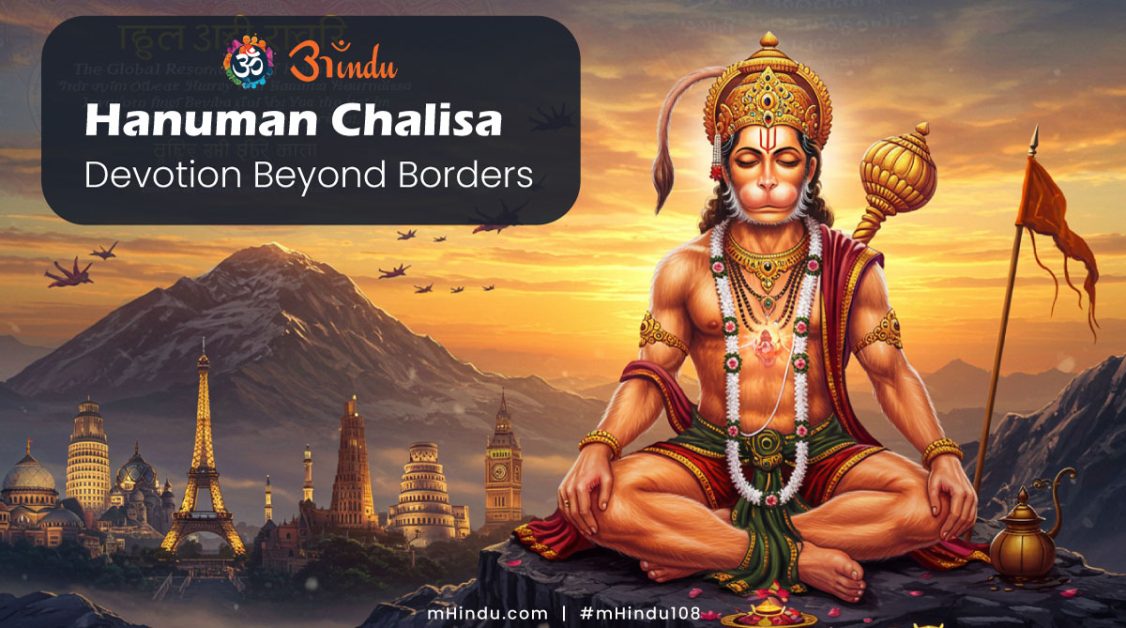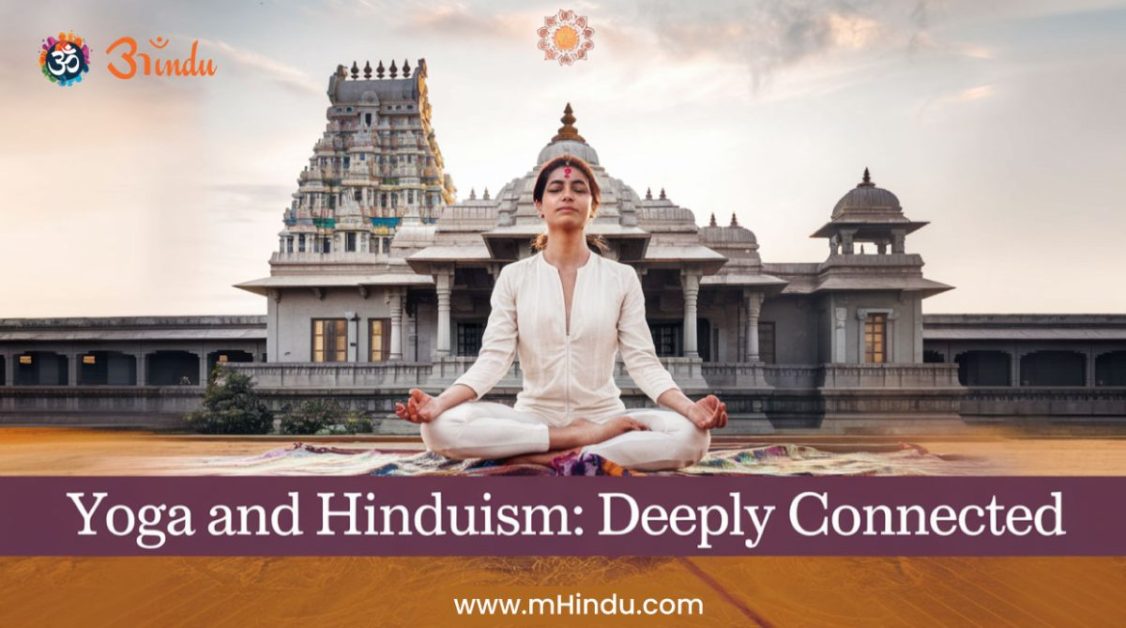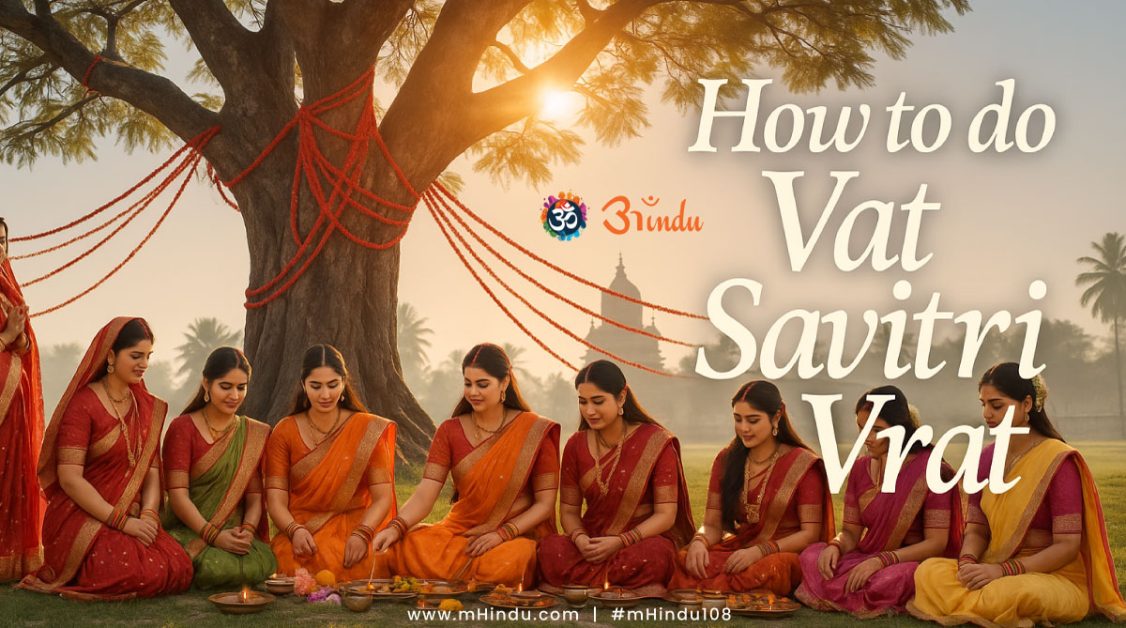
“Vasudhaiva Kutumbakam,” a Sanskrit phrase meaning “the world is one family,” is a profound concept deeply embedded in Hindu philosophy. It’s more than just a nice sentiment; it’s a powerful principle that guides Hindus towards embracing global unity and interconnectedness. This blog post explores seven ways in which Hinduism promotes Vasudhaiva Kutumbakam and its relevance in today’s world.
Explore Blog Content
ToggleVasudhaiva Kutumbakam: A Universal Vision
Vasudhaiva Kutumbakam is not merely a philosophical ideal; it’s a call to action. It encourages us to see beyond our immediate circles and recognize our shared humanity. It’s a vision of a world where all beings are connected and treated with compassion and respect.
"Vasudhaiva Kutumbakam is not just a philosophical ideal, but a lived reality. It is the recognition of our shared humanity and the responsibility we have towards creating a world family."
7 Ways Hinduism Teaches Global Unity
Here are seven ways in which Hinduism promotes the spirit of Vasudhaiva Kutumbakam:
- The Oneness of Brahman: Hinduism teaches that Brahman, the ultimate reality, is the source of all creation. This underlying unity connects all beings, emphasizing that we are all part of the same divine fabric. Recognizing this oneness fosters a sense of interconnectedness and shared destiny.
- The Concept of Atman: The Atman, the individual soul, is believed to be a spark of Brahman. This suggests that every being, regardless of their background, possesses an inherent divinity. Recognizing the Atman in others promotes respect and understanding.
- Karma and Rebirth: The law of Karma teaches that our actions have consequences, not just for ourselves but also for others. This interconnectedness of actions and reactions reinforces the idea that we are all responsible for creating a harmonious world.
- The Principle of Ahimsa (Non-Violence): Ahimsa, the principle of non-violence in thought, word, and deed, is a cornerstone of Hindu ethics. It extends to all beings, promoting compassion and respect for life in all its forms. Ahimsa is essential for fostering global unity.
- The Importance of Dharma (Righteousness): Dharma, which encompasses duty, ethics, and righteousness, emphasizes our responsibility to contribute to the well-being of society. Living a dharmic life involves acting with integrity and compassion towards all.
- The Teachings of the Upanishads: The Upanishads, philosophical texts exploring the nature of reality, emphasize the interconnectedness of all things. They teach that recognizing this interconnectedness is key to liberation and spiritual growth.
- The Practice of Yoga and Meditation: Yoga and meditation, which aim to unite the individual self with the divine, also promote a sense of inner peace and harmony. This inner peace can then radiate outwards, contributing to a more peaceful and unified world.
"Vasudhaiva Kutumbakam calls us to expand our circle of compassion, recognizing the inherent dignity and worth of every member of the human family."
Vasudhaiva Kutumbakam in the Modern World
In an increasingly interconnected world facing global challenges like climate change, poverty, and conflict, the principle of Vasudhaiva Kutumbakam is more relevant than ever. It reminds us of our shared responsibility to create a just and sustainable world for all.
Embracing Global Citizenship
Vasudhaiva Kutumbakam encourages us to embrace a sense of global citizenship, recognizing our interconnectedness and working towards the common good. It calls for us to act with compassion, understanding, and respect towards all beings.
Conclusion
Vasudhaiva Kutumbakam is a powerful message of unity and interconnectedness. By embracing this principle, we can build bridges of understanding, promote peace, and create a world where all beings are treated with dignity and respect.
FAQs Section
- What is the meaning of Vasudhaiva Kutumbakam?
It means “the world is one family.” - Where does this concept originate?
It is found in ancient Hindu scriptures, particularly the Maha Upanishad. - How does Hinduism promote this idea?
Through teachings on Brahman, Atman, Karma, Ahimsa, Dharma, and the Upanishads. - What is the relevance of Vasudhaiva Kutumbakam today?
It is highly relevant in our interconnected world facing global challenges. - How can I apply this principle in my life?
By acting with compassion, respect, and understanding towards all beings. - Does this mean ignoring differences?
No, it means recognizing our shared humanity despite our differences. - How does it relate to global citizenship?
It encourages a sense of global responsibility and working for the common good. - What are some practical examples of living by this principle?
Supporting humanitarian causes, promoting intercultural understanding, and practicing non-violence.







